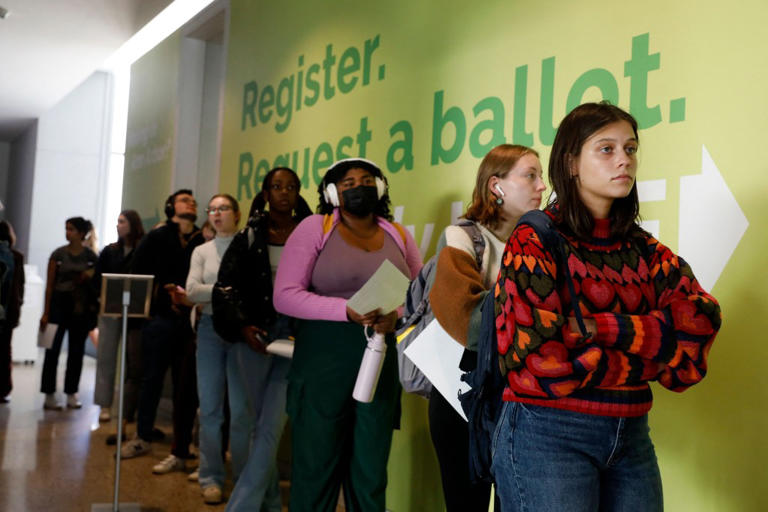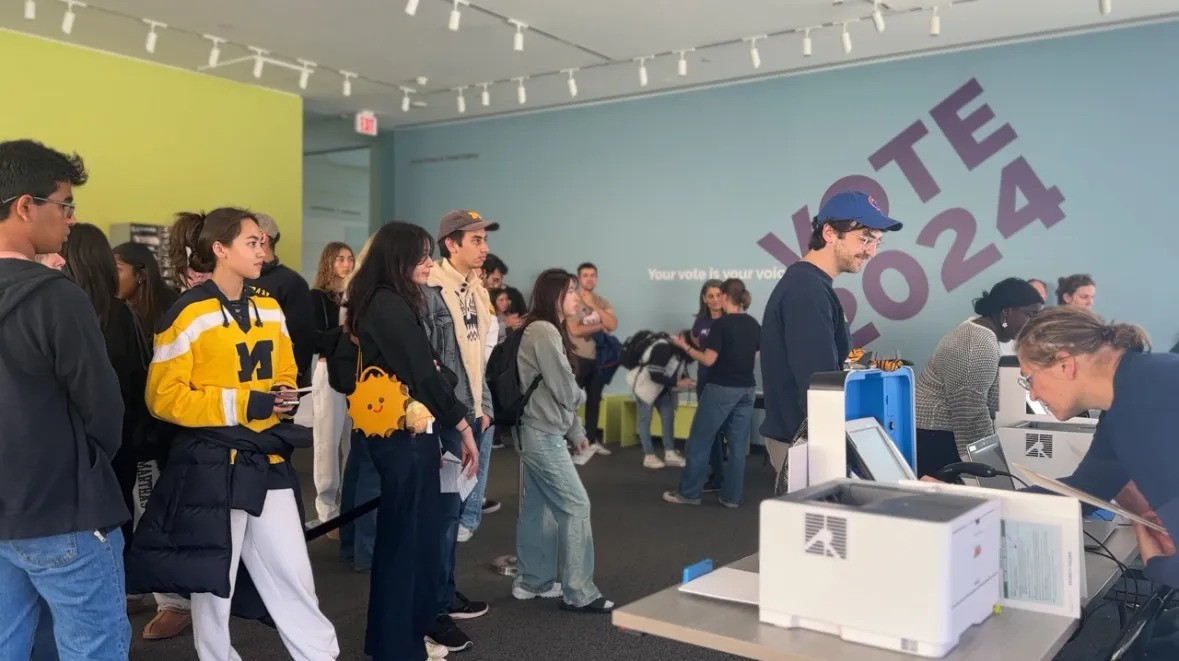A Chinese student legally residing in the United States faces criminal charges after voting illegally in the recent election. Despite this, the ballot reportedly cannot be voided and will be counted as part of the official results.
“We’re grateful for the swift action of the clerk in this case, who took the appropriate steps and referred the case to law enforcement,” read a joint statement from Michigan Secretary of State Jocelyn Benson’s office and the Washtenaw County Prosecutor’s Office. “Anyone who attempts to vote illegally faces significant consequences, including but not limited to arrest and prosecution.”
How the Incident Unfolded

The 19-year-old allegedly cast his vote on Sunday in Ann Arbor. According to the statement from Benson’s office, the student used his University of Michigan identification to vote and subsequently reached out to the local clerk’s office, inquiring if he could retract his ballot. Despite the request, election officials confirmed that the Michigan voting system does not allow for individual ballots to be traced back to voters, making it impossible to void the vote.
Understanding Michigan’s Voting System
Michigan law adds a layer of complexity to cases like this. Under state election regulations, once a ballot is submitted, it becomes part of the voting pool and loses its association with any personal identifiers. Sources familiar with these election laws affirmed this, noting that once submitted, votes are final and irreversible.
“The Detroit News reported that the voting system in Michigan does not allow a ballot to be traced to an individual voter, so officials will not be able to void the ballot,” according to sources well-versed in Michigan’s electoral procedures.
Legal Ramifications and Historical Context

In a 2018 vote, Michigan residents approved measures allowing ballots to be cast up to Election Day, with proof of residency verified through documents such as a driver’s license, utility bills, state identification cards, or university records. Officials stress that incidents involving noncitizens attempting to vote remain “extremely isolated and rare,” yet the law provides strict repercussions.
“Any noncitizen who attempts to vote fraudulently in Michigan will be exposing themselves to great risk and will be prosecuted to the fullest extent of the law,” stated the combined announcement from the secretary of state and the Washtenaw County Prosecutor’s Office.
Public Voting Records and Future Implications
The case serves as a reminder of the transparency of Michigan’s electoral records. All voting activity is documented and available for public scrutiny, reinforcing the state’s commitment to secure and transparent elections. Though isolated, instances like this highlight the importance of stringent measures and awareness campaigns to ensure the integrity of voting processes.



